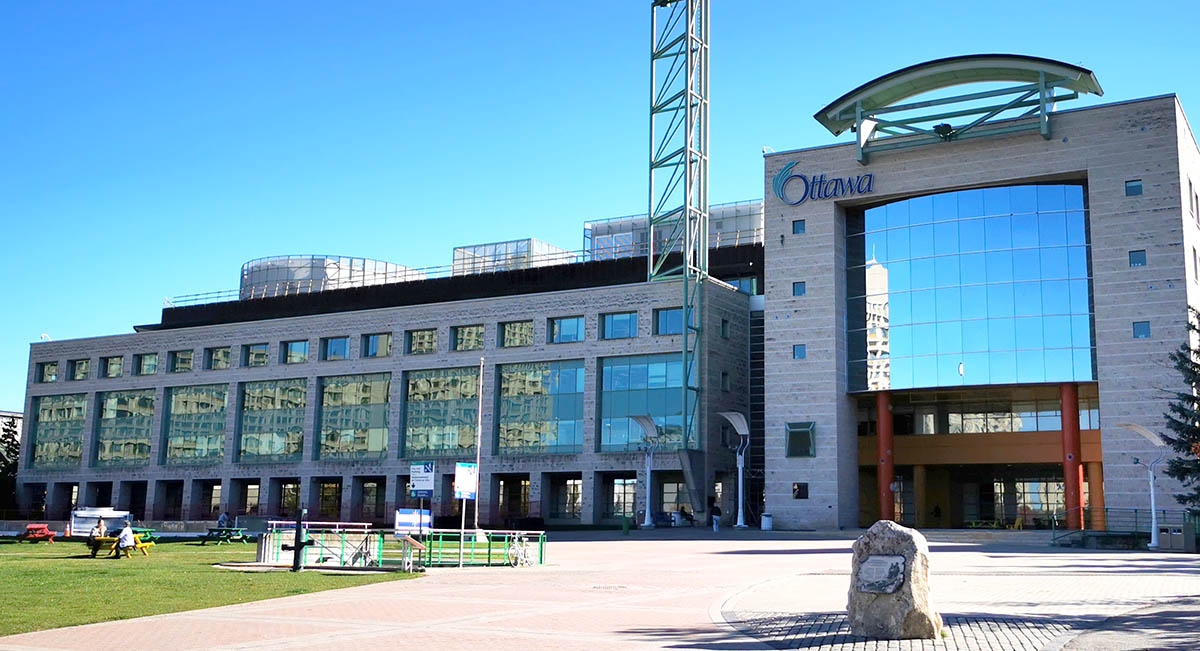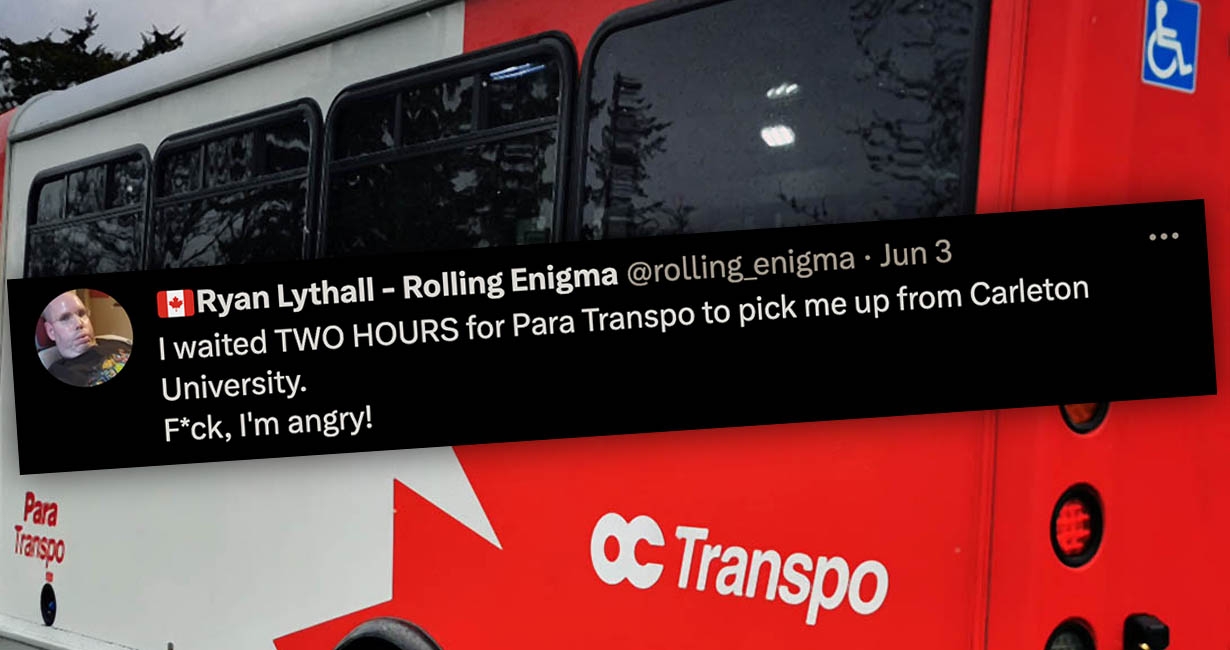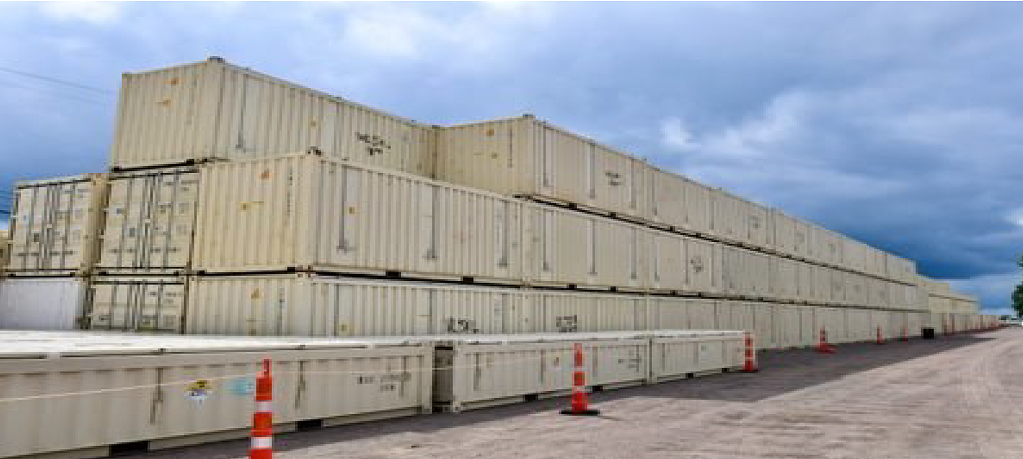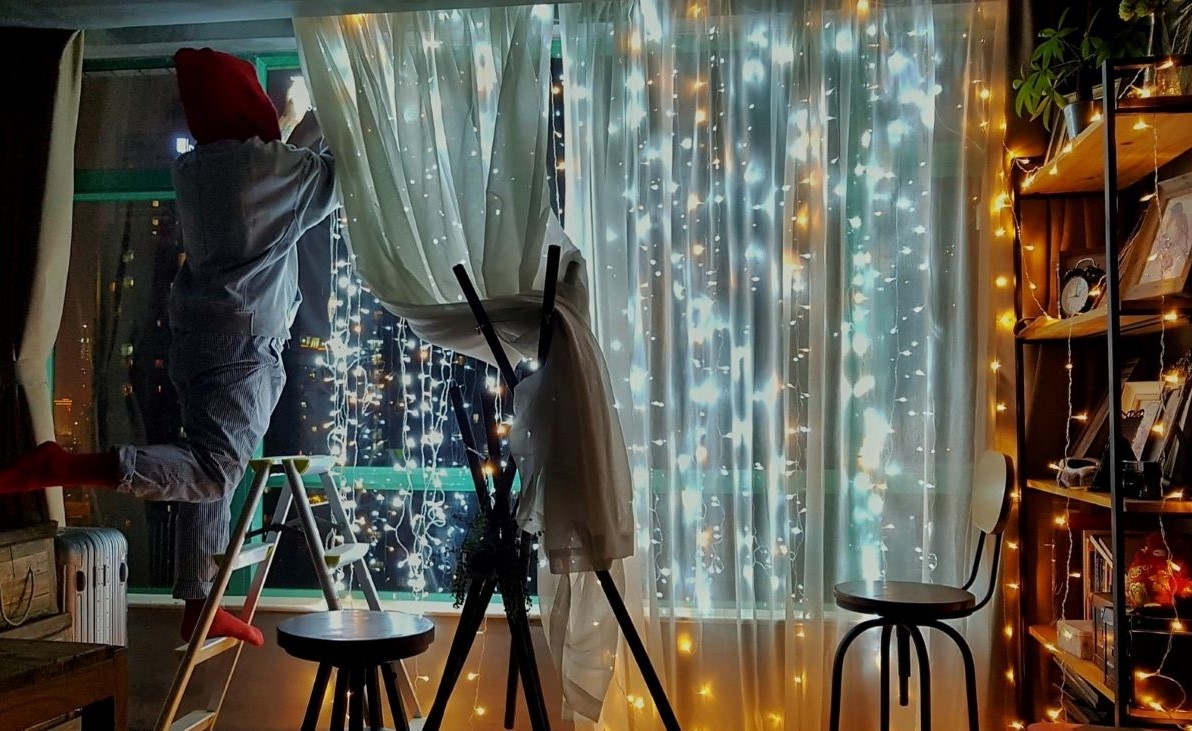
Protests, Parking, and Priorities: Key Takeaways from Ottawa City Council
City Manager Wendy Stevenson opened this week’s Ottawa City Council meeting by thanking her colleagues for advancing the 2023–2026 City Strategic Plan priorities adopted in July 2023. These include affordable housing, connected mobility, environmental resilience, and economic diversification—key goals guiding staff work throughout the term with a focus on alignment, transparency, and accountability. Following a brief overview of related reports, the Term of Council report was submitted and will be discussed or amended at the next council meeting.
The meeting continued with two key directions. Councillor Stephanie Plante, supported by Councillor Ralston King, proposed including regulations to address street harassment in the proposed Special Event By-law, citing community concerns. The by-law is being developed to streamline planning, coordination and safety for events with more than 500 participants.
Councillor Hill then proposed that city staff report back to Council on trends, costs, and disclosures related to organized protests. This sparked debate, with Councillor Laine Johnson warning against government overreach and questioning the need to track demonstrations, given Charter-protected rights. Councillor Shawn Menard and Councillor Jeff Leiper echoed concerns, emphasizing that most protests are peaceful and cautioning against narratives that equate demonstrations with violence. Despite the debate, Plante’s motion passed easily, while Hill’s motion passed narrowly with a 12–11 vote.
After a lengthy discussion, Council directed city staff to begin work on the Vulnerable Social Infrastructure By-law, also known as the Bubble Bylaw. Despite what appeared to be mostly dissent, Council passed the motion with 21 yeas and three nays. Many of the councillors voiced that they were reserving judgement and could not promise that they would accept the draft legislation that city staff will present to them in nine months’ time.
Councillor Jessica Bradley, who is the Council liaison for the Anishinaabe Algonquin Civic Cultural and Protocol Plan, raised a concern from an Indigenous Elder who feels that the proposed Venerable Peoples Bylaw or Bubble Bylaw would limit or restrict where Indigenous people can protest. Specifically, at the very institutions, like the Catholic Church, that caused irreparable harm to the First Nations.
After extensive debate, Ottawa City Council directed staff to begin drafting the Vulnerable Social Infrastructure By-law, also known as the Bubble By-law, passing the motion with 21 yeas and three nays despite widespread concerns.
Many councillors emphasized that their support was conditional and they would reserve judgment until seeing the draft in nine months. Concerns included potential limits on Indigenous protest rights, raised by Councillor Bradley, and broader fears of infringing on freedoms of expression, voiced by Councillors Sean Devine, Shawn Menard, and Teresa Kavanagh.
Devine cited legal experts warning of unconstitutional “prior restraint,” while others, like Councillors Johnson and Troster, supported an opt-in model. Some, including Luloff and Tierney, argued for striking a balance between free speech and protection from harassment.
Councillor Brockington stressed the by-law’s intent to ensure safe access to vulnerable institutions, and several councillors called for federal or provincial leadership on such legislation. Mayor Sutcliffe concluded by clarifying that no bylaw was being approved yet, and the draft will undergo legal review before returning to Council.
Council concluded the meeting by approving updates to the city’s Municipal Parking Management Strategy, allowing expanded paid parking on evenings and Saturdays in high-demand areas to improve turnover and flexibility. Councillor Brockington requested a temporary exemption for the ByWard Market, citing its economic struggles and safety concerns, with support from Councillor Plante, who emphasized the area’s unique challenges and ongoing studies on underground parking.
City staff noted that changes are data-driven and aim to support business activity. Paid parking adjustments will affect areas including Little Italy South, the ByWard Market, the Glebe, and parts of Kitchissippi, with Sunday parking remaining free. Staff will review rates annually to guide future changes.









